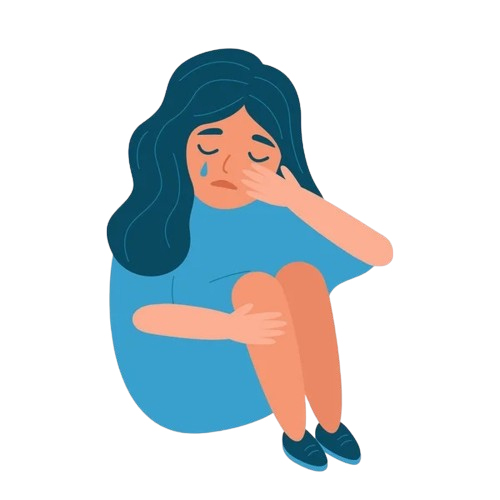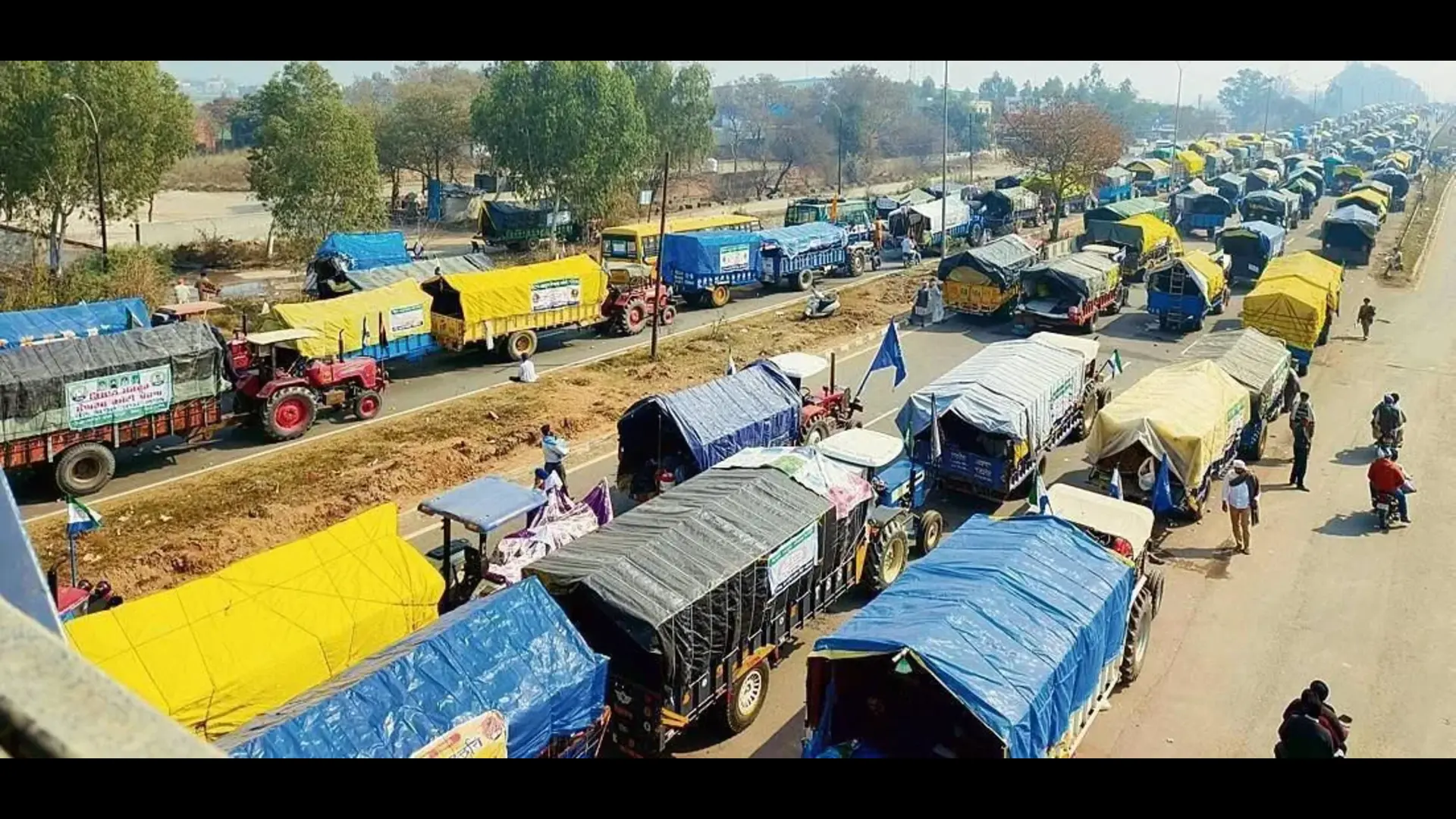In India, long-standing stigma and false beliefs have tainted the discourse on disability and health. People with disabilities are often marginalised by society and find it difficult to integrate into mainstream society as a result of the prevalent attitudes in the community. However, there is a growing recognition of the need to change public opinion and promote an inclusive and supportive culture. With the right understanding and the right resources, we can bring forward that change and make way for a truly inclusive environment for all.
Challenges Faced by People with Disabilities in India:
1. Societal Stigma:
Although progress has been made in many areas, deeply rooted stigmas around disability still exist. Many disabled people experience discrimination and are frequently only seen as having their disabilities, not their abilities. Building a more inclusive society requires dispelling these stereotypes.
2. Lack of
Accessibility:
People with disabilities often have limited mobility and independence due to inadequate accommodations in public spaces, transportation, and infrastructure. Establishing environments that are universally accessible is essential to guaranteeing that people with disabilities can move around public spaces with dignity and comfort.
3. Limited Educational Opportunities:
Access to high-quality education remains a barrier for many disabled people, which results in a lack of opportunities for personal and professional growth and a lack of skills. Encouraging people with disabilities requires accessible learning environments and inclusive education policies.
4. Employment
Disparities:
People with disabilities face high unemployment rates in India because the country’s job market is often inhospitable to them. These differences can be resolved by encouraging companies to use inclusive hiring procedures and by establishing a welcoming workplace.
Steps to Redefine Public Perception:
1. Promoting Inclusive Education:
Promoting inclusive education at a young age is essential to dispelling myths and stereotypes. The varied needs of students with disabilities should be met by schools and other educational institutions, guaranteeing that they get the assistance they need to succeed academically.
2. Creating Accessible Infrastructure:
Both government agencies and private enterprises must work together to create accessible public spaces and infrastructure. It is imperative to promote inclusivity by putting in place ramps, elevators, and other amenities that meet the needs of people with disabilities.
3. Encouraging Positive Media Representation:
Public opinion is significantly shaped by the media. Promoting truthful and uplifting portrayals of individuals with disabilities in the media can aid in dispelling myths, showcasing their accomplishments, and creating a more inclusive narrative.
4. Employment
Opportunities and
Workplace Inclusion:
Employers should actively encourage diversity and inclusion by offering equal job opportunities and fostering a positive work atmosphere. Workplaces that are more inclusive can benefit from training initiatives that make staff members aware of the difficulties faced by their colleagues who have disabilities.
5. Raising Awareness Through Campaigns:
Public awareness campaigns have the potential to challenge social norms and break down barriers. These campaigns should aim to dispel myths, foster empathy, and celebrate the accomplishments of people with disabilities, thereby contributing to a more enlightened public perception.
6. Government Initiatives and Policies:
The government should be proactive in implementing policies that assist people with disabilities. This includes enforcing anti-discrimination laws, providing financial incentives to businesses that promote inclusivity, and allocating resources for accessible infrastructure.
Individuals, communities, businesses, and the government must all work together to reshape public perception of disability and health in India. India can lead the way in establishing a more just and encouraging society through tackling societal stigmas, advocating for inclusive education, building accessible infrastructure, encouraging workplace inclusivity, promoting positive media representation, and putting supportive government policies in place. It takes a community to move from stigma to support, and it requires a dedication to change as well as an understanding of the potential and intrinsic worth of each and every person, regardless of their abilities or disabilities.
The author is the Founder of Bachpan Play Schools, Academic Heights Public School (AHPS), and Co-Founder of Rishihood University.






